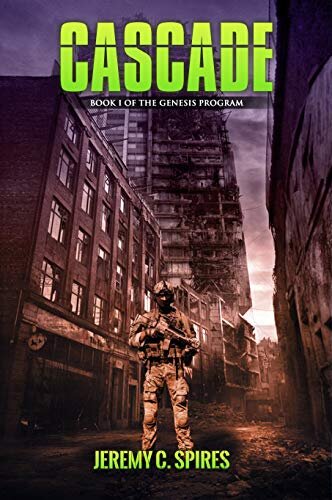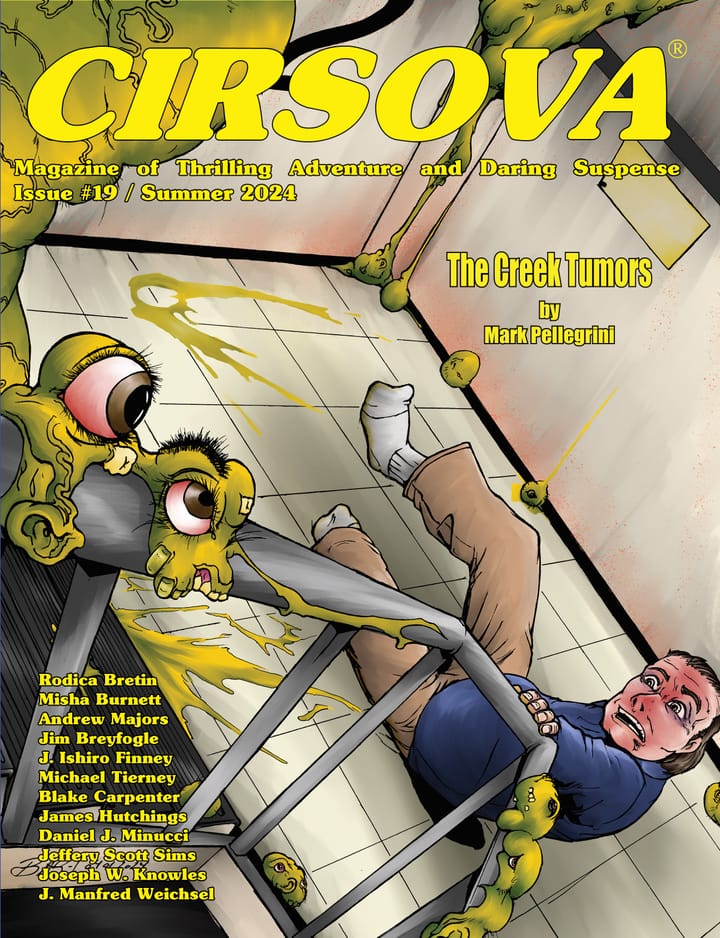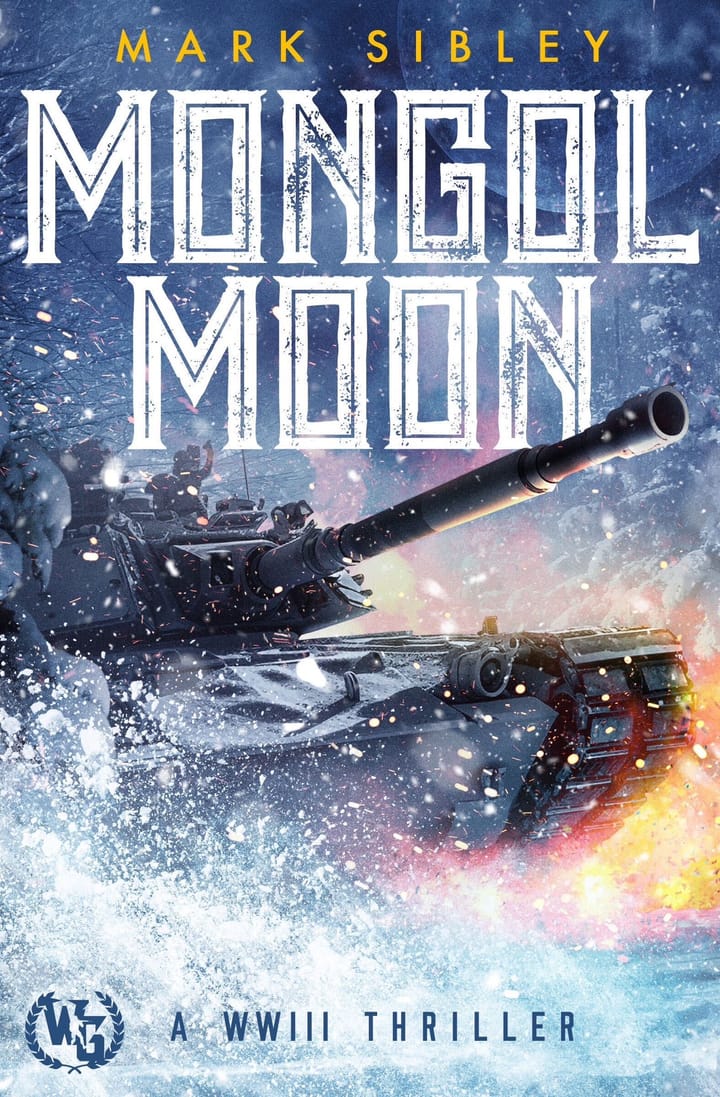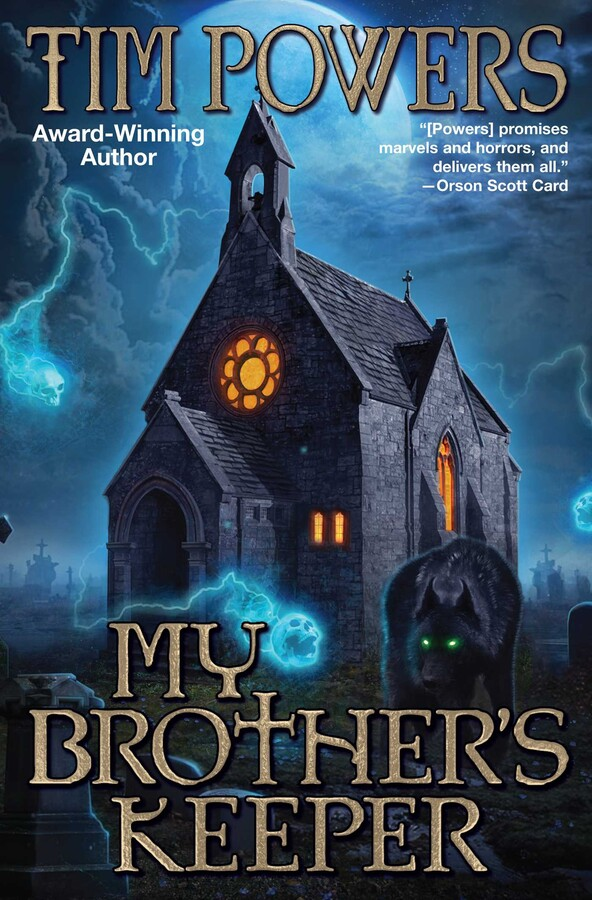Cascade: The Genesis Program Book 1 by Jeremy Spires Book Review
Cascade: The Genesis Program Book 1 [Amazon link] is an apocalyptic novel, a form of American popular culture that has been with us at least since the 1930s. The form of the end of the world takes is surprisingly mutable, but the underlying narrative structure is not. It involves a period of growing crisis, culminating in some universal threat or disaster. The chaos of the times affords a charismatic person the opportunity to seize control of the world by promising to restore order. This tyrant, usually turns out to be no one other than the Antichrist himself.

CASCADE: THE GENESIS PROGRAM BOOK 1 BY JEREMY C. SPIRES 180 PAGES PUBLISHED BY AMAZON (JANUARY 3RD, 2020) ASIN B083GC9YYD
This pattern is informed by eschatological Christianity, but you will see it even outside of this context, as for example here, in a novel that is outwardly about horseshoe theory politics and military valor. Religion is not mentioned much in Cascade, other than the lead character’s prickly declaration of atheism in response to a challenge from his neighbor and friend to a casual blasphemy as they flee the authorities. It never comes up again, and clearly isn’t critical to the plot, even though it arguably is to the whole premise of this kind of book.
As to why I would say that, let’s look at the primary bad guys and girls in the novel, the governors of the states of California and Washington after the Program of the book’s subtitle has been put into action. Cynthia O’Dell is the embodiment of cackling evil, gleefully torturing government officials who balk at her pronouncements, throwing wine glasses at her subordinates, and popping a Xanax when she just can’t even. Jason McDowell, on the other hand, is the Mad Hatter, peacefully sipping tea in Golden Gate Park as war rages in San Francisco.
One might be tempted to say that these characters were one-dimensional parodies of evil, and that there is no way anyone so obviously nuts could come to such power, not matter what kind of conspiracy was lurking in the background, except that in the millennarian movements of history, we actually see such figures. Consider Nongqawuse of the Xhosa, who convinced her people to kill their cattle and neglect their crops, in the theory that vengeful spirits would then sweep the British into the sea. The resulting famine killed 3/4 of her people. Or Hong Xiuquan, who started a rebellion in China that killed somewhere between 10 and 25% of the people in China, a smaller percentage but a far larger number of people than starved in Africa, curiously at just about the same time.
In retrospect, these things seem nuts, but at the time, both movements attracted vast numbers of followers and inspired devotion amongst them. Thus Spires’ characters are not really that unusual, if you consider the historical precedents. These are cases where reality has served up people who are unbelievable in fiction.
Other than the apocalyptic elements, this novel is largely an adventure story, which features otherwise largely ordinary men and women dodging bullets, completing quests, losing friends, and finding love in the midst of hardship. From the style, I expect that the novel is directed at current and former members of the American military, and preppers, that community which is convinced the end is nigh, and you need to be ready. I have some quibbles about Cascade on these subjects, even though I do not consider myself part of either group. For example, near the end of the book, the lead, Thomas Reeve, has picked up an M14 rifle, specifically because Reeve had used one as a Navy SEAL. However, the book describes the M14 as firing 5.56mm rounds, when it actually is chambered in 7.62mm. That is in fact the reason that special forces sometimes have a preference for the M14, since it fires a larger round. The civilian Mini-14 is chambered in 5.56, but I don’t think that is what Reeve was looking for.
I don’t find such things particularly disturbing in fiction, but I have found that the military fiction market has a tendency to fixate on such things. If you can get past this, then I think you find a book that is an enjoyable read.
I was provided a review copy of this book by the author.



Comments ()